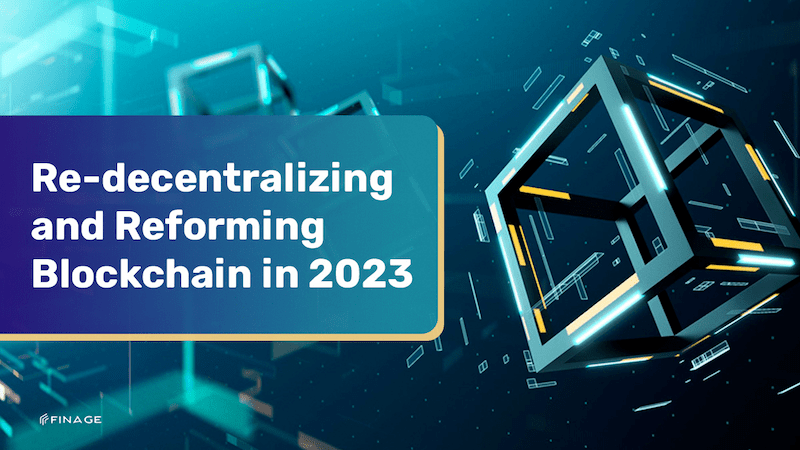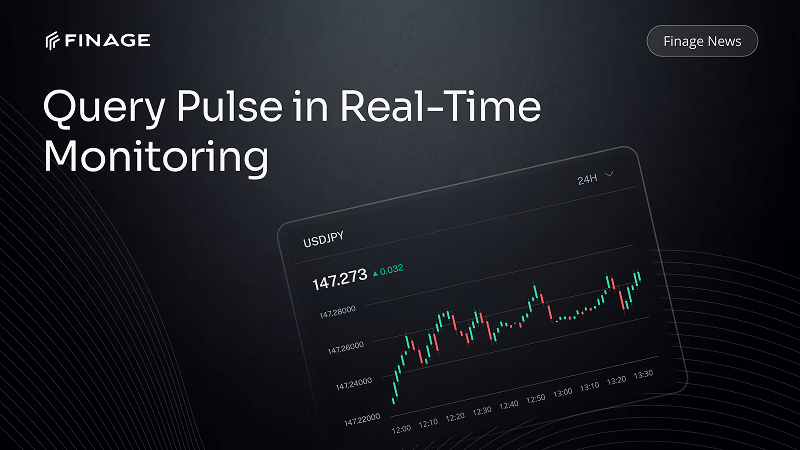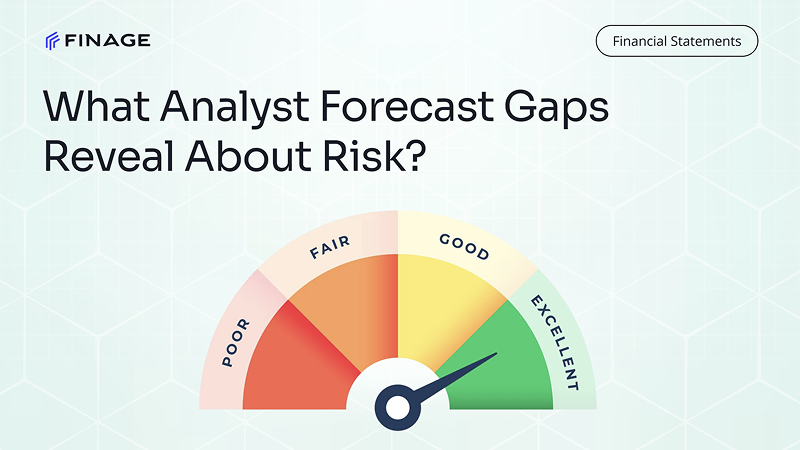Re-decentralizing and Reforming Blockchain in 2023
5 min read • February 14, 2023

Introduction
The blockchain has become one of the most important creations in the financial world. The idea of financial transactions basing themselves in decentralization was always looked at as desirable. As a result, the concept has taken over, with blockchain businesses being a thing.
That said, a lot can be said about future developments in the blockchain community. This is especially true for the idea of decentralization, revaluation, and reformation that is starting to take off in this space. Below is key information concerning the topic as a whole, including what it is, any challenges present as well as the future outlook, and any arising implications for users.
Contents:
- What it means to re-decentralize
- The involvement of regulations
- What it means to reform and revalue
- Pros and cons
- The overall new look
- Final thoughts
What it means to re-decentralize
The blockchain as it is uses a peer-to-peer network to function, which means that multiple nodes connected can share information. All this is done without a singular server as a middleman, which makes it perfect for crypto. As a result of this, a transaction’s privacy and security are pretty much guaranteed. This is all brought together by smart contracts, which make the exchange of data automatic. So, why change it?
Well, in truth, there is no change at all. The principles of decentralization have everything to do with the security of the user. All it involves is the natural evolution of the blockchain through innovation and experimentation as well as community building. More than anything, it’s the rediscovery of what the blockchain is supposed to be going forward.
The involvement of regulations
Contrary to popular belief, the blockchain doesn’t eliminate the middleman, or at least, it won’t forever. At some point, some level of governance will be present to ensure the proper flow of things, but the privacy elements regarding digital assets, for example, will remain. That said, both businesses and those using the blockchain personally will have to be ready for “inspections” when they come. Doing this will necessitate the practice of proper ethics and responsible use. In doing so, transparency will be maintained at all times.
What it means to reform and revalue
Revaluing can be thought of as the complete overview of a decentralized project in which you can gauge just how valuable it is. Think of it as almost calculating your company’s market capitalization. If done well and accurately, gives your business an advantage because the use of blockchain technology is not at all wasteful. With this aspect out of the way, the likelihood of creating bad DeFi projects that are either incompetent or just fraudulent is greatly slimmed.
With the evolution of the crypto space, it will become more streamlined and equally accepted by the world. That means that both current and future crypto policies will be looked at and revised for as long as the concept stays relevant.
Pros and cons
Any advantages and disadvantages of the above concept assume a few things which are a successful, sustainable business, the use case for blockchain technology as well as its evolution. On first look, you will be able to tell that proper knowledge and subsequent innovation will make for a better user experience and adoption. The innovation that comes with it will also have the effect of providing proper protection to a user’s digital assets or tokens during every transaction.
Not too many obstacles exist if you try to apply any of these concepts to your business for better assimilation with the blockchain, other than usual ones. All of these have to do with the uncertainty of the whole thing, which leads to the following:
- lack of adoption
- regulation issues
- scalability issues
- voracious energy consumption
What’s quite interesting is that the further along we go, the more these issues will be addressed. This means that we will know more and businesses will be able to use the tech in daily operations much more often.
The overall new look
When a business is looking to adopt blockchain use, there will have to be an absolute need for it, otherwise, it's just a complete waste of time. This directly speaks to the concepts above, which breathe new life into the space by making them easier to grasp. This goes against just following a trend for a moment, which is a good thing in this case.
A business in itself should always be functional. If that’s the case, bringing in blockchain technology should be something that isn’t too difficult to pull off. The thing is that it takes both time and serious evaluation of your operation to even consider it.
Final thoughts
If you’re uninitiated, it’s quite likely that when you saw the main heading, you started to panic upon thinking that you would have to see something completely different. That is not entirely true as it is more of the natural evolution of the blockchain, especially when used by businesses. Think of these concepts as a way to good education and awareness of the entire field, making it more accessible. Because the concepts are linked, the more the blockchain takes hold, the more of a social impact it will have.
Once crypto is widely accepted in the mainstream, the whole process will be smoother. In whatever way you look at them, these concepts continue to make their presence felt and they are beyond necessary for the sector’s development into mainstream acceptance. To succeed in blockchain trading in 2023, businesses should consider strategies to revalue, redecentralize, and reform their approach to blockchain technology in order to adapt to the rapidly evolving landscape. You can get a consultation to learn more!
You can get your Real-Time and Historical Cryptocurrency Data with Finage free Crypto Data API key.
Build with us today!
Claim Your Free API Key Today
Access stock, forex and crypto market data with a free API key—no credit card required.

Stay Informed, Stay Ahead
Finage Blog: Data-Driven Insights & Ideas
Discover company news, announcements, updates, guides and more

.png)
